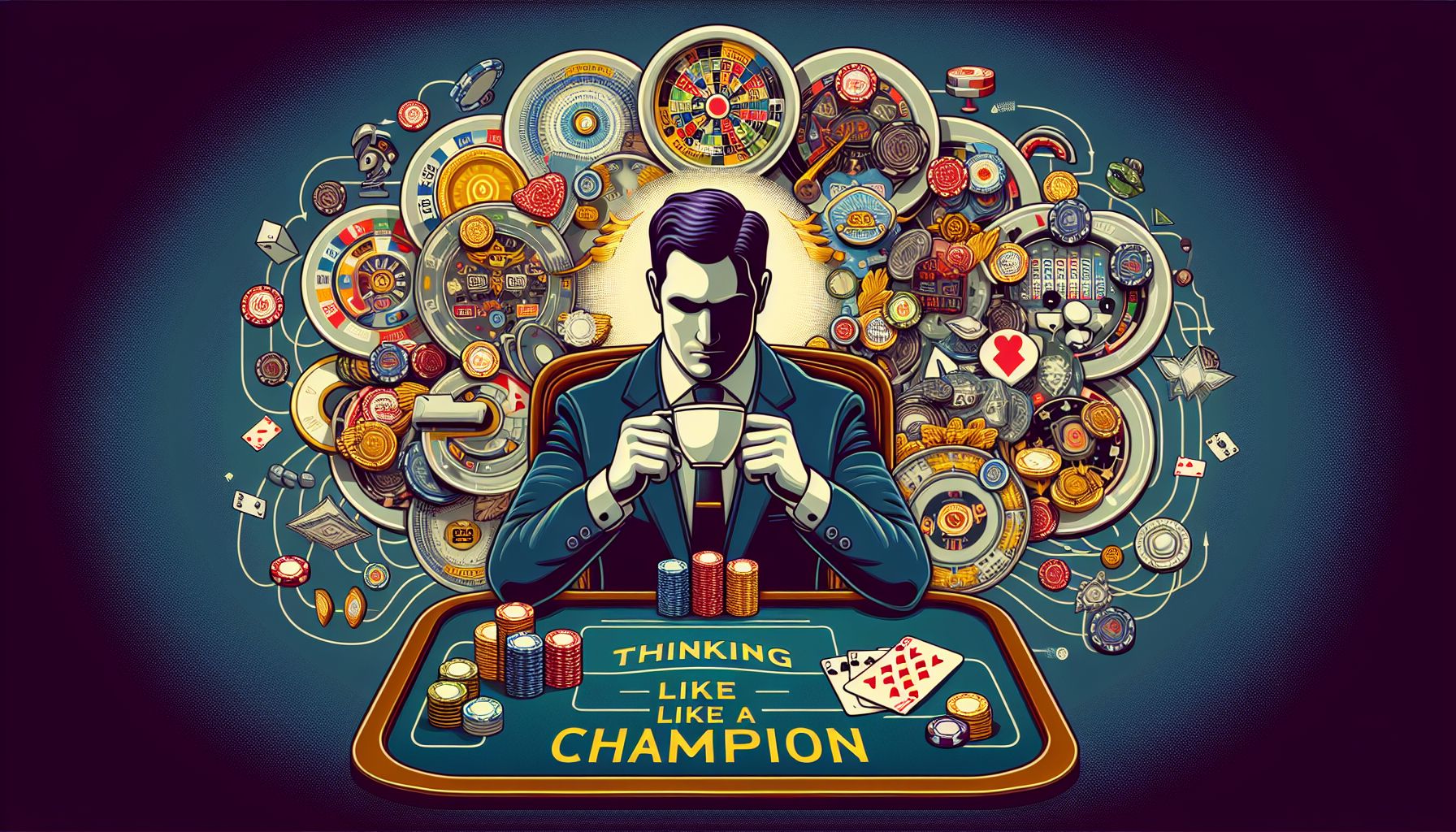The advent of digital technology has been a game-changer in a multitude of industries, and the world of poker isn’t an exception. From the traditional tables in a bustling Las Vegas casino to the comfort of your own home; the game we all know and love has undergone a digital revolution. The rise of online poker has transformed the landscape of the game, Poker and Its Impact on Casinos challenging conventional establishments, elevating poker to new heights, and engaging with a new generation of players.
Introduction
In our hyper-connected digital era, online activities, that were once strictly physical, Poker and Its Impact on Casinos have adopted new, virtual forms. Among those activities, poker is a standout. With the rise of online poker, the convenience and accessibility of the game have spread the hobby to millions who hitherto had little to no access to poker, other than the rare home game or the infrequent trip to a casino. With the click of a button, players are now able to link up in digital poker rooms, casually or competitively, anytime, anywhere.
Online poker has seen exponential growth, especially in the last decade, thanks to smartphones and tablets that enabled everyone to play on-the-go. Given this digital revolution, conventional casinos are experiencing novel challenges and opportunities.
The Rise of Online Poker
The seeds of online poker were planted in the late 1990s with the birth of primitive poker software. However, online poker truly started to flourish in the early 2000s with developments in broadband internet and secure online payment methods. Moreover, the increased availability and promotion of poker tournaments on TV spurred the game’s popularity and drove countless players into the online poker world.
The real boom of online poker began with an event famously known as the ‘Moneymaker Effect.’ Chris Moneymaker, an amateur poker player, won the 2003 World Series of Poker Main Event after qualifying through an online poker site. His triumphant story inspired millions around the globe, who reasoned that if a common man like Moneymaker could win millions, they too could have a chance to hit it big — all from the comfort of their homes.
Impact on Traditional Casinos
Traditional casinos are undoubtedly feeling the burn of the online poker surge. One of the notable impacts is on casino revenues. A growing number of players are migrating to online platforms, causing a significant drop in the revenues of land-based casinos. Many casinos countered this wave by launching their own online poker platforms, enabling their patrons to partake in their offering online.
On the other hand, established casinos can leverage their infrastructure for hosting live poker sporting events like tournaments. Such events attract a large viewership and can renew interest in brick-and-mortar establishments through their association with high-profile commodities.
Yet, it’s essential to realize that the shift towards online poker doesn’t spell the end for traditional casinos. While online poker offers convenience, traditional poker in casinos offers an inherently social and immersive experience that online poker cannot capture fully. The thrill of being physically present, the nerve-racking poker face, the subtle art of reading your opponent—these are elements that online poker lacks.
Thus, many players still appreciate and crave the sensory richness that comes with traditional poker. This sentiment suggests that land-based casinos will continue to exist, although they may have to adapt their strategies to remain profitable and relevant.
Addressing Legal and Ethical Challenges
As the online poker popularity continues to surge, it’s faced with several legal and ethical issues. Regulatory complexities tied to online gambling vary widely across jurisdictions, causing legal grey areas for online poker. Some countries fully legalize, regulate, and tax online poker, while others have harsh laws against it.
Aside from legal challenges, there are ethical concerns too, Poker and Its Impact on Casinos including issues related to problem gambling, online fraud, and cheating. Some players find ways to exploit the software of online poker platforms to their advantage, costing fair players their hard-earned money.
Steps are being taken to address these challenges. Biometric technology, for example, can be used to detect cheaters, while digital tools can identify patterns suggestive of problem gambling.
Conclusion: The Future of Poker
The rise of online poker has indeed shifted the dynamics of the poker world, providing new avenues and audiences for the game. With advancements in Virtual and Augmented Reality technologies, it won’t be surprising to see an increasingly immersive online poker experience that blends the best elements of both traditional and digital forms.









